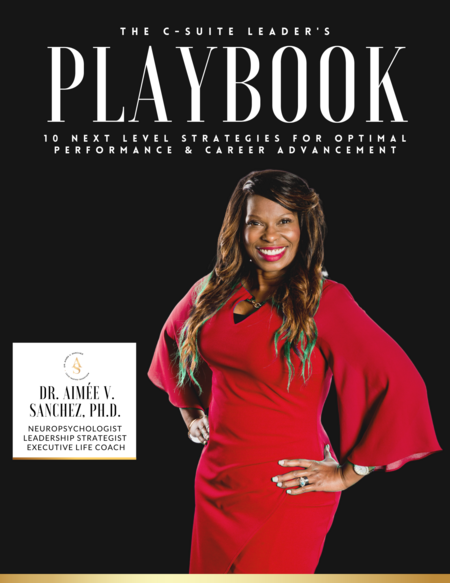1. Pinpointing the Right Attitude
Talented people are important for the workplace, but it takes more than talent to advance in your career.
Unfortunately, there are plenty of talented people with bad attitudes. These people won’t last in their positions because the negativity becomes contagious. A positive attitude can result in numerous opportunities, including promotions and higher pay raises.
2. Making an Effort
In many workplaces, there are people who are in the middle. They work their 9-5, get through their day on autopilot then go home.
Then there are employees who fall at the bottom, making little progress and not working as a team.
The quality of making an effort in the workplace comes to standing out. It means showing your value consistently and communicating with others. Putting in extra effort can prep you for getting into an executive position in the future.
3. Making Progress
Day after day, your attitude and effort toward your job will become noticed. Your efforts are similar to adding logs to a fire which grows bigger and glows brighter. Progress receives recognition and accolades.
Soon, you’ll be on your way to advancing in your career.
Get Help in Advancing Your Career this Year
If you feel like you’re spinning your wheels, I can help you move forward and make advancements in your career. Start by scheduling a free 15-minute consultation with my team. We can work together to find a path forward in the workplace.
The C-Suite Leader's Playbook:

10 Next Level Strategies for Optimal Performance & Career Advancement
Helping Leaders Maximize Their Influence and Impact
In this FREE resource, you’ll uncover the same roadmap and insights that my executive clients have utilized to advance in their executive promotional campaigns.
Recent Posts
- 3 Reasons You are not Being Promoted
- 5 Tips for Women in Leadership: The Neuroscience of Female Leadership
- Perception, Power, Politics And Promotion: Navigating Challenges That Keep Women Out Of The C-Suite
- The Neuroscience of Imposter Syndrome for Leaders
- How to use neuroscience to influence psychological safety in the workplace


